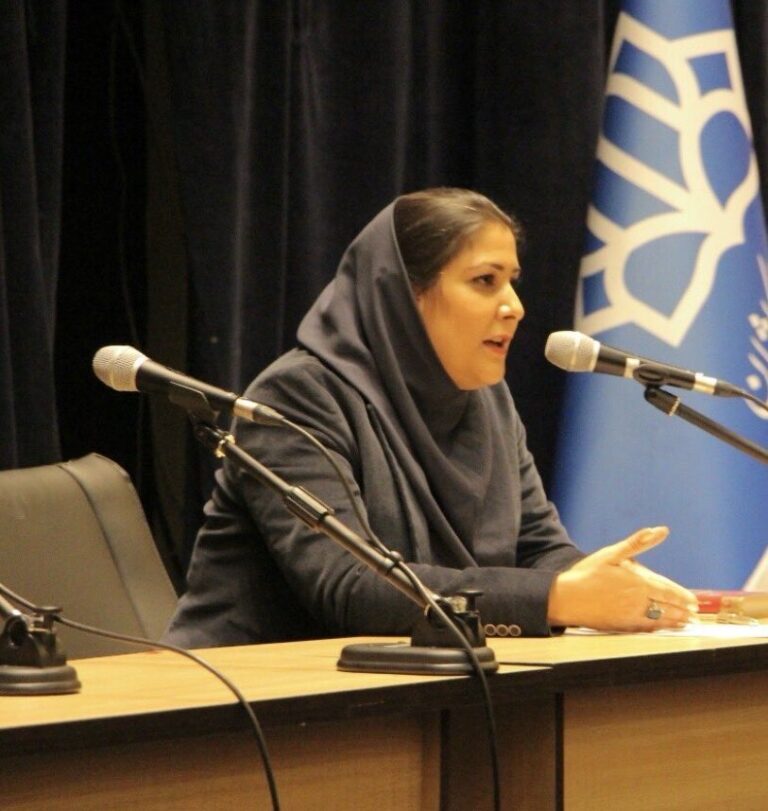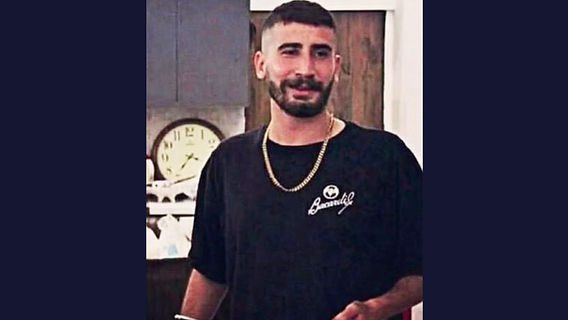
Just two weeks after the release on bail of nine Christian converts, pending a review of their case ordered by Iran’s Supreme Court, one of them is already back in prison – thanks to a ruling by a different branch of that same Supreme Court.
Abdolreza Ali-Haghnejad, known as Matthias, has been the subject of multiple arrests dating back to 2006, and his latest detention relates to a previous six-year prison sentence which was overturned on appeal back in December 2014.
His alleged crime?
“Propagating Christianity.”
Now, more than seven years after his acquittal, on Saturday 15 January Matthias was summoned suddenly to the “Office for the Execution of Judgments” in his home city of Bandar Anzali, north Iran, and told he was to be transferred immediately back to Anzali Prison – from which he was released on 30 December – after a Supreme Court judge had overruled the seven-year-old appeal court ruling.
And perhaps the most astounding element of Matthias’ sudden re-arrest and imprisonment is the similarity of the charge in both the old case, of which he was once acquitted, and the new, which was sent for a review just two months ago.
In his ruling on 3 November 2021, a Supreme Court judge stated that “merely preaching Christianity, and promoting the ‘Evangelical Zionist sect’, both of which apparently means propagating Christianity through family gatherings [house-churches], is not a manifestation of gathering and collusion to disrupt the security of the country, whether internally or externally”.
Therefore, the judge concluded, a Revolutionary Court should not have sentenced Matthias and eight other Christians to five years each in prison.
But now a different judge from a different branch of that same Supreme Court has called into question a seven-year-old acquittal because this very same activity – “propagating Christianity” – has in fact been found to have deserved the punishment originally decreed.
There had been hope that November’s Supreme Court ruling may eventually pave the way for Iranian Christians no longer having to fear arrest only for gathering together to worship or sharing (“propagating”) their faith.
Today’s news gives a clear signal that such a softening of the regime’s overall approach to Christian converts remains highly unlikely.




0 Comments
Trackbacks/Pingbacks